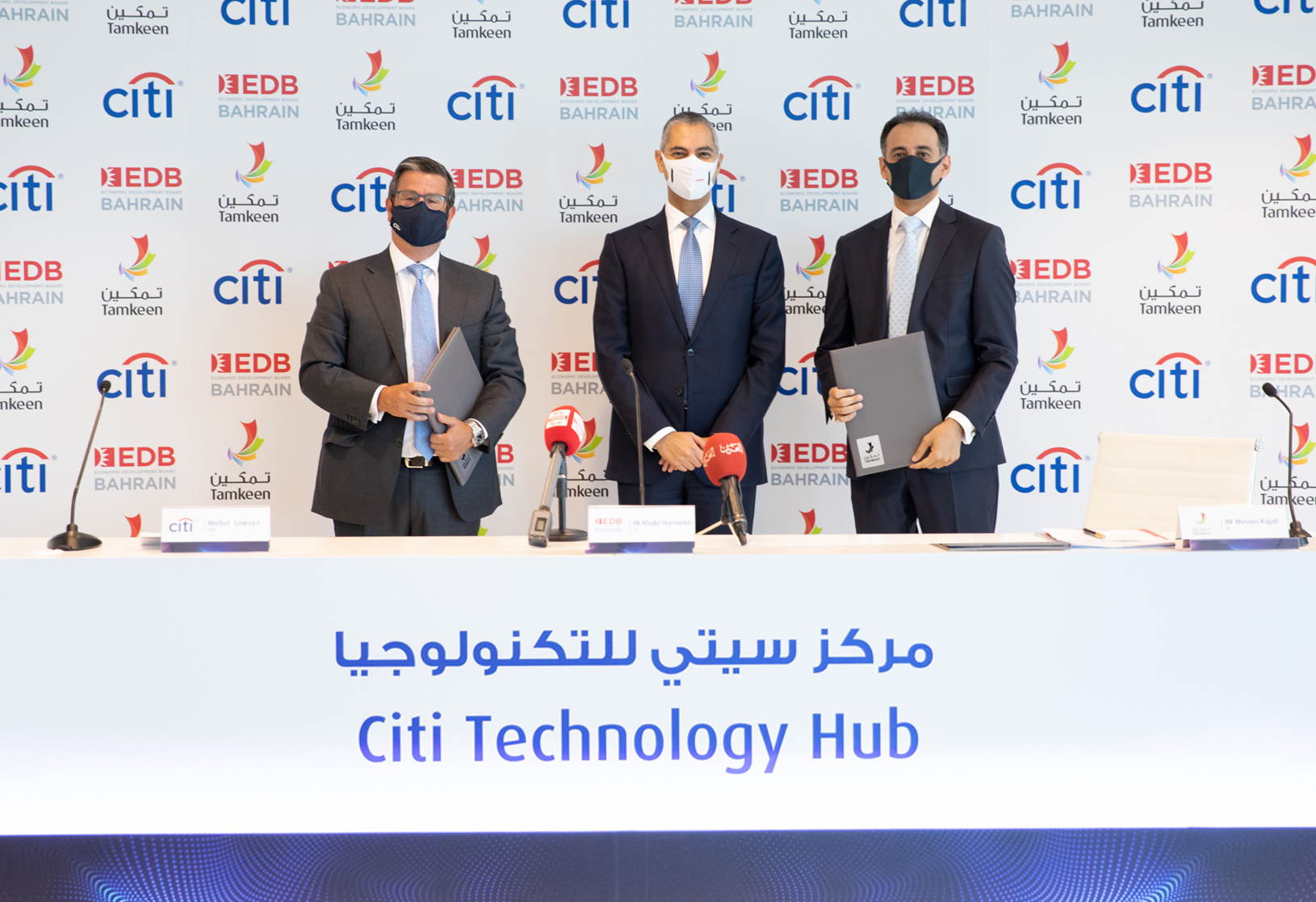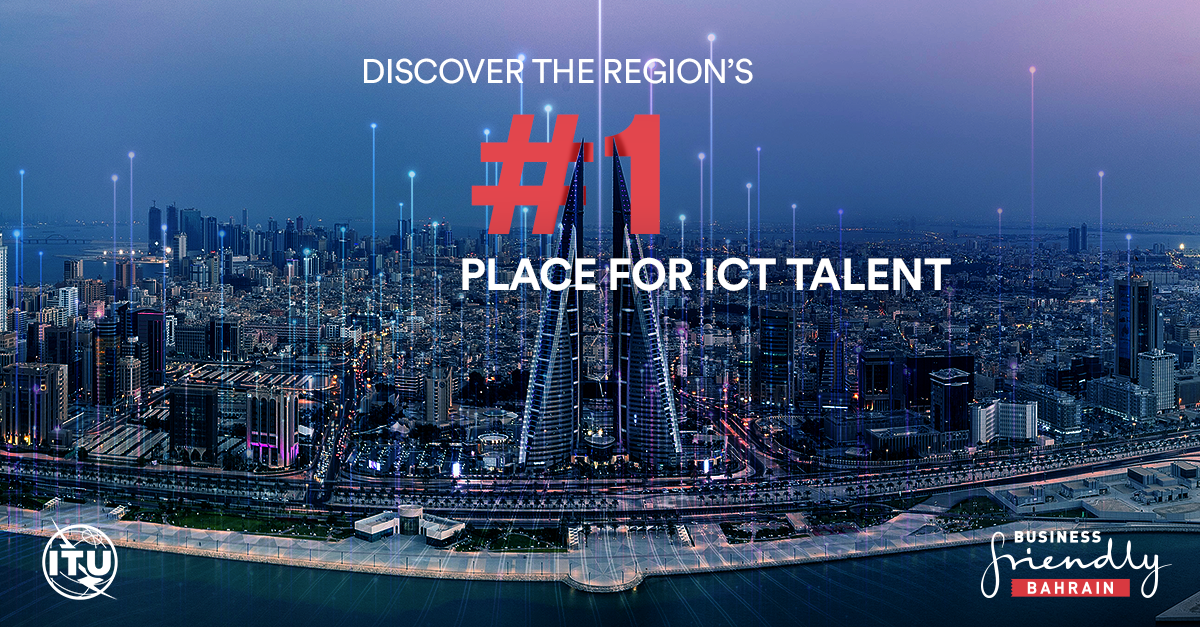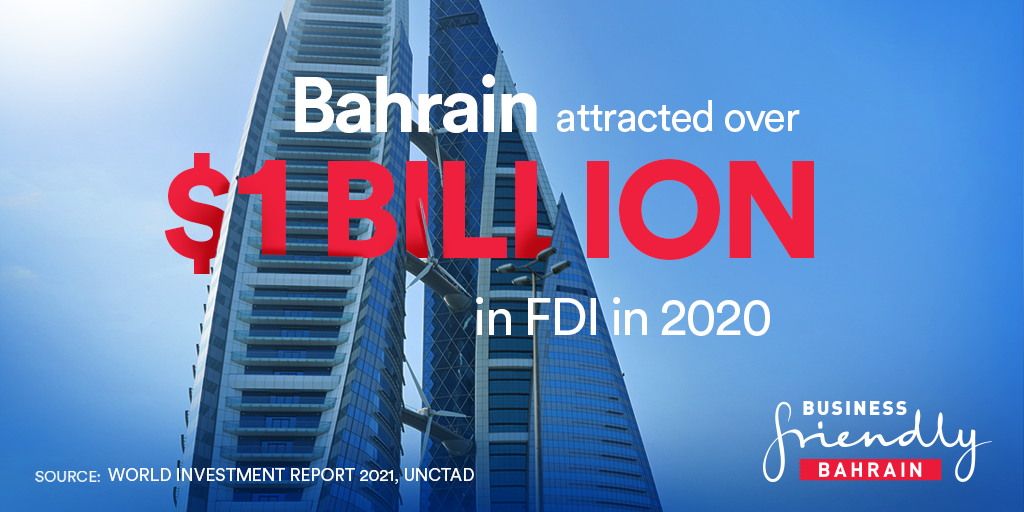- The multi-modal logistics hub to cut cost by 40% and turnaround time of 2 hours
The Kingdom of Bahrain today launched the fastest regional multi-modal logistics hub in the region with only a 2hr turnaround time for all containers – meaning products can be with customers in half the time and at 40% of the cost.
The launch of the “Bahrain Global Sea-Air Hub” capitalizes both on Bahrain’s strategic position midway between European and Asian markets as well as on its proximity to regional target markets by establishing the most efficient multimodal sea-air transshipment hub in the region with a global reach.
The hub relies on streamlined clearance procedures, optimized logistics, and full digitization to achieve an end-to-end lead time of just under two hours for goods transiting from Bahrain International Airport to Khalifa bin Salman Port, and vice versa.
These gains translate to a 50% reduction in average lead time compared to pure sea freight and a 40% reduction in cost compared to pure air freight. Accordingly, Bahrain’s sea-air hub serves as a valuable alternative for manufacturers and freight forwarders, particularly in the context of the ongoing shipping crisis.
Bahrain will grant Partner status in this initiative to all markets globally which will allow for granting their nationally based companies the opportunity to become an authorized Trusted Shipper at the Bahrain’s Global sea-to-air logistics hub.
Bahrain Minister of Transportation and Telecommunications, H.E Kamal bin Ahmed said:
“The launch of this Global Sea-to-Air logistics hub, the fastest in the Middle East, here in Bahrain is a real opportunity not only for global logistics companies but also for exporters across the world. This service can lead to 40% cost savings compared to air freight only and 50% faster lead times than pure sea freight.”
He added: “We can only do this because of our unique position, the proximity of our ports, as well as our regulators, operators and port authorities working closely together and our state-of-the-art digital processing solution.”
This hub will enable the growth of the Bahrain logistics sector which will contribute to further diversify the Kingdom economy. Bahrain non-oil GDP year-on-year growth reached 7.8% in Q2 in 2021.
The operating cost within the logistics sector is 45% lower in Bahrain compared to neighboring markets, as per KPMG 2019 report “Cost of Doing Business in Logistics”. This has positioned Bahrain as an attractive destination for global and regional businesses operating within the sector.







